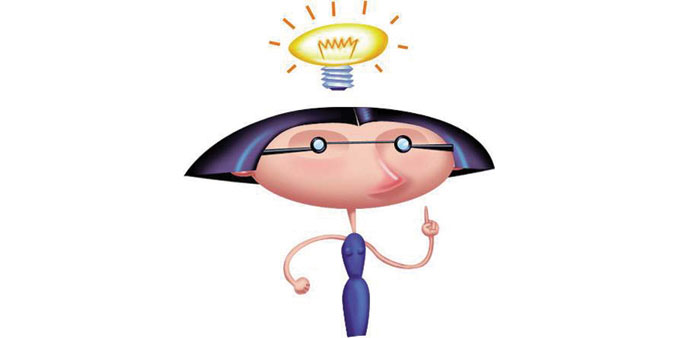By Oliver Burkeman/New York
The problem with the world today, says the Silicon Valley investor Peter Thiel, is that we’ve lost faith that there’s anything truly big or exciting left to be discovered.
I’ve been rude about Thiel before, mainly because he’s an easily mockable libertarian who plans to live to 120, or even “solve death”, and wants to build floating cities far from the reach of government.
Even so, in a month when the tech world is losing its mind about adding live video to Twitter (because if there’s one thing we need, it’s a reason to spend more time on Twitter!), it’s hard not to admire the scale of his ambition. Besides, Thiel’s approach to innovation is too interesting to be left to libertarians and would-be billionaires.
I’ll grudgingly concede that his recent book, Zero To One, may be essential reading for anyone whose work involves coming up with new ideas.
These days, he argues, we divide major breakthroughs into two: stuff that’s already been done, and stuff that probably can’t ever be done. “What’s left to do is either easy or impossible, and pursuing those tasks is deeply unsatisfying,” he writes.
There seems to be no middle ground of stuff that’s tough but possible – those inventions, or solutions to problems, that Thiel calls “secrets” (as opposed to insoluble “mysteries”).
It wasn’t always this way: before the globe was fully mapped, for example, explorers uncovered secrets all the time. But now business and culture are suffused with the sense that everything important and doable has been done.
Thiel blames this feeling for everything from religious fundamentalism to hipsters, with their love of retro tech. But they’ve got it all wrong, he insists. There are plenty of secrets left. You just have to know where to look.
It’s freeing to think of big ideas as “out there”, waiting to be discovered, rather than created in the mind. It relieves you of the pressure to become an idea-generating genius; instead, you need only find new ways to look at the world, to see what’s already there.
So how? Ask which topics in your field are taboo, Thiel says. Another favourite question: what can’t you do an undergraduate degree in at Harvard or Oxbridge? The answer will point to ideas in domains where knowledge isn’t yet standardised, such as nutrition, a vitally important subject about which we know shockingly little.
One implication of this is that “disruption”, Silicon Valley’s favourite approach to everything, is unwise. Focus on shaking up some existing institution, and you’ll inevitably end up thinking in its terms, stuck in old grooves.
The same’s true in personal life: trying to be “unconventional” still means letting conventional wisdom dictate your actions.
“The basic challenge,” Thiel concludes, “is to find things that are hard but doable. You want to find a frontier. But don’t simply accept others’ definitions of the frontier.”
Whether you’re trying to solve interstellar travel, world poverty or a relationship problem, don’t fall into the trap of assuming that, if an idea were any good, someone would already have had it. That’s what everyone else is thinking, too. — Guardian News and Media

